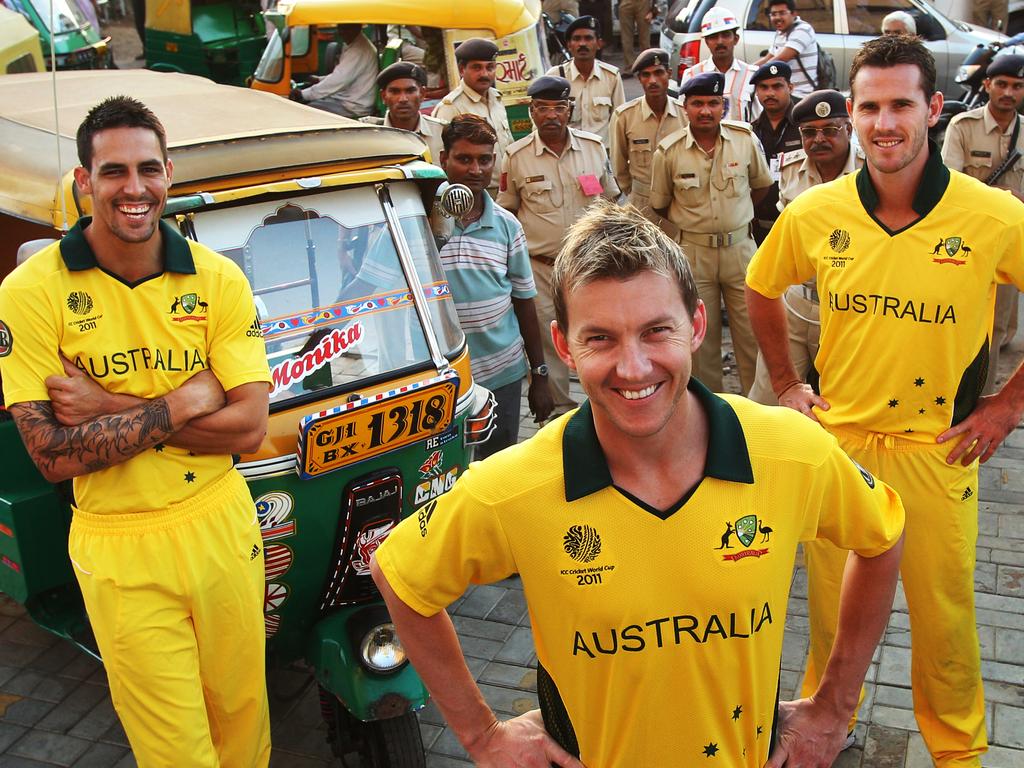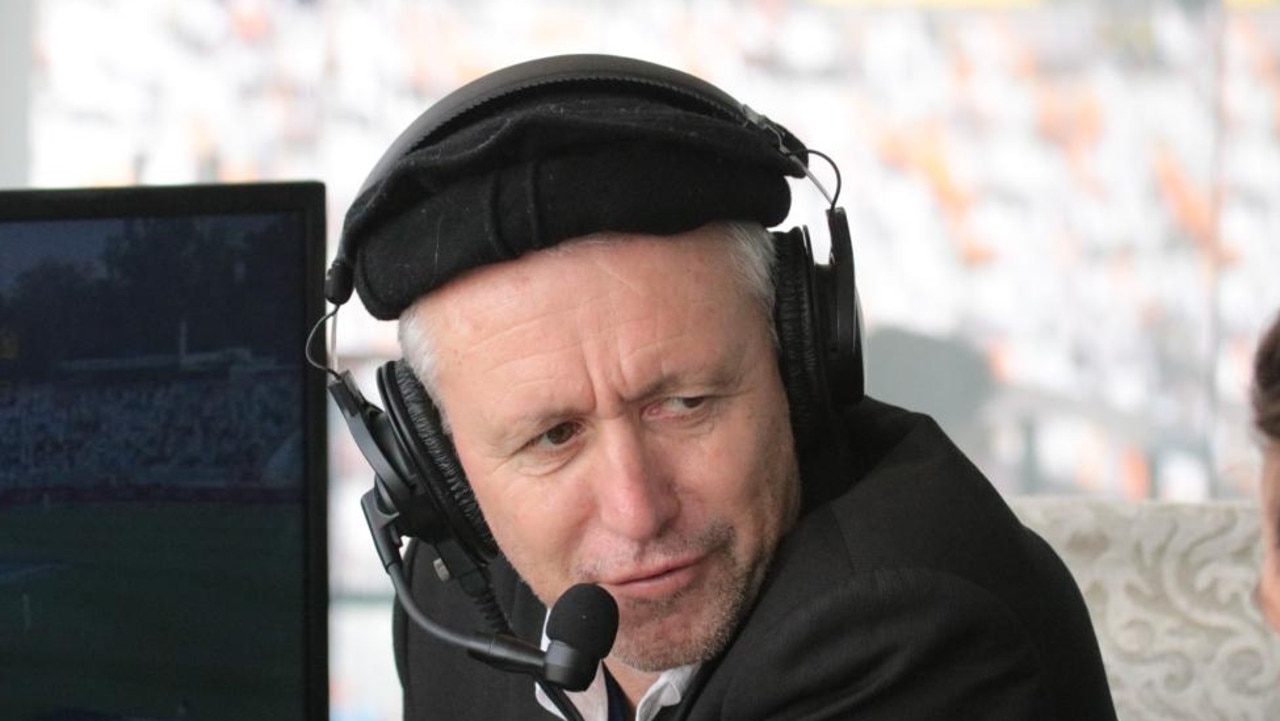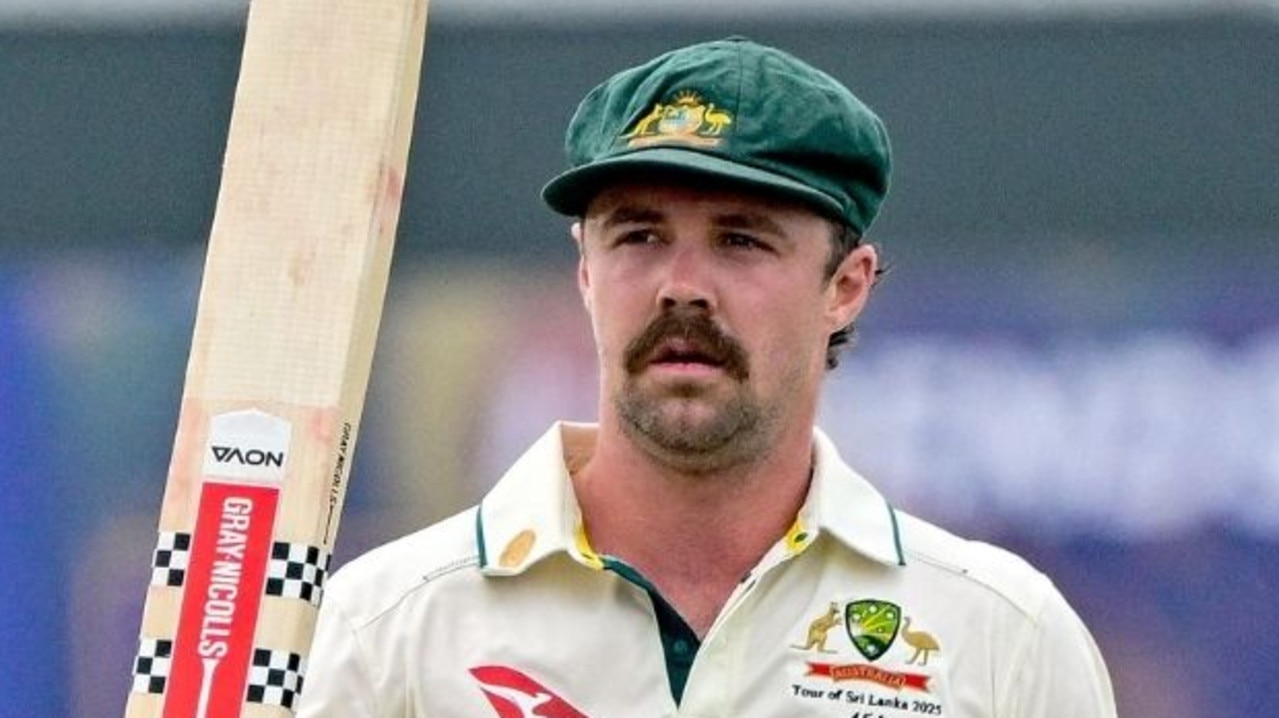Virat Kohli’s defence of Mohammed Shami marks him as true leader
Virat Kohli may be losing on the field but his defence of Muslim bowler Mohammed Shami against trolls marks him as a true sportsman and leader.
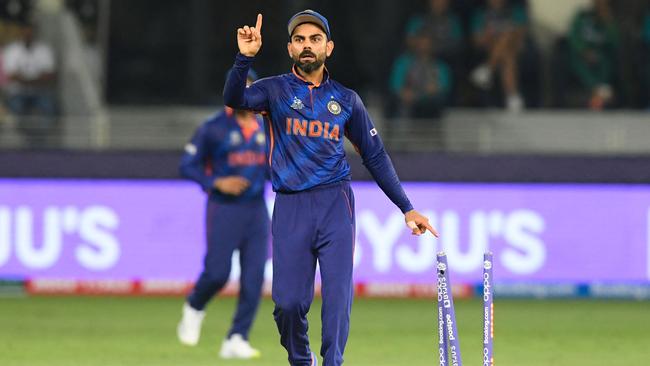
Virat Kohli is not having a good T20 World Cup. An unbackable favourite when the tournament began, India has suffered consecutive defeats so heavy that the team’s net run rate is deep in the red, and a semi-final berth looks even further off than for Australia.
Which makes his remarks at the weekend in defence of his Muslim pace bowler Mohammed Shami all the nobler, into the realm of Hemingway’s definition of courage as “grace under pressure”.
Maybe you missed this in the kerfuffle about Quinton de Kock’s Hamletian indecision, to genuflect or not to genuflect, which kept the pundits busy last week.
Yet the backlash against de Kock was not nearly so odious as the frontlash against Shami, singled out for the most vicious sectarian trolling in India after the national team lost their opening Cup fixture against Pakistan.
India under the premiership of Narendra Modi has grown so deranged and brittle as to preclude bilateral cricket competition with Pakistan. We see these great traditional rivals opposed only in ICC tournaments, and then under some sufferance: in response to tensions in disputed Kashmir ahead of last week’s match, #BlacklistPakistan trended on Twitter, and the game was denounced by the Aam Aadmi Party, Delhi’s populist gadflies.
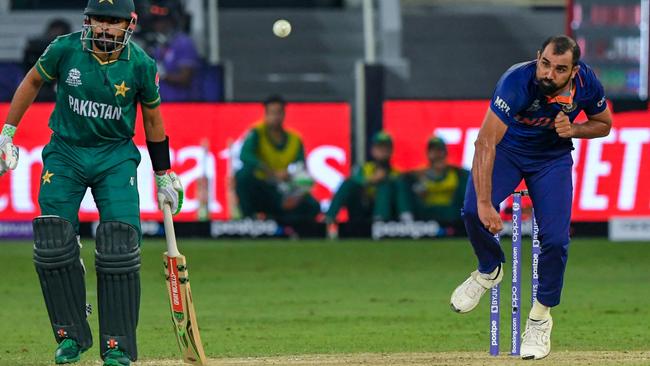
That was a mere foretaste of the reaction after Pakistan’s shock 10-wicket victory, which has led to new extremities of the Hindu majoritarianism sickening Indian democracy. Muslims across India have been arrested, attacked, fired and generally shamed for the act of celebrating what is, in recent times, a very rare Pakistani win.
Section 153 of the Indian Penal Code has been applied to acts of “creating or publishing content to promote enmity” and “imputations, assertions prejudicial to national integration”. Cases have been initiated in the name of “unlawful activities” and even “sedition”.
It is an attempt to criminalise support for anyone but the national team; and it is, of course, demented and repulsive. Gee, why stop there? Why not proscribe anyone who applauds a Rashid Khan googly or a Joe Root glide?
It’s greatly to Kohli’s credit that, knowing the likely consequences, he met defeat against Pakistan with equanimity, even generosity. He spoke glowingly of his opponents, made no excuses for his team’s failures.
The image of him congratulating Pakistan’s Mohammad Rizwan after the match was the gesture of a true sportsman, up there with similar gestures of Andrew Flintoff towards Brett Lee in 2005 and Grant Elliott towards Dale Steyn 10 years later, and the more significant for the context.
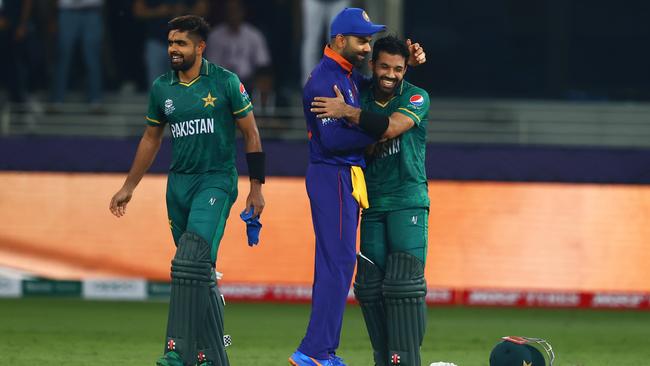
The attacks on Shami, whom Rizwan hit for three consecutive boundaries at a crucial stage of the match, were then so profuse and vile that Kohli felt compelled to take them on ahead of the next game, despite the attempts of a media manager of the Board of Control for Cricket in India to confine the press conference to “questions purely on cricketing merit”.
Kohli has 45 million followers on Twitter and 164 million on Instagram, and was addressing at least some of them in his remarks: “There’s a good reason why we are playing on the field and not a bunch of spineless people on social media that have no courage to actually speak to any individual in person.
“It has become a social pandemic in today’s world, which is so unfortunate and so sad to see because this is literally the lowest level of human potential that one can operate at. And that’s how I look at these people.”
Then, and most significantly: “Attacking someone over their religion is the most pathetic thing that a human being can do.”
And those 16 words might almost be his finest hour, because nobody had solicited any such comment, and nobody else in Indian cricket had dared enunciate such a principle.
There had been expressions of some sympathy from a few former players towards Shami’s suffering the scorn of social media for an isolated bad game, but Kohli cut through the underlying pusillanimity.
As Cricinfo’s Sid Monga put it: “It is important for the cricket community to acknowledge and repeat it — over and over again — that Shami was abused for being a Muslim and not for having an off day.”
The BCCI has exhibited a growing comfort with the prickly nationalism and Hindu chauvinism of Modi’s BJP since coming under the jurisdiction of secretary Jay Shah and treasurer Arun Singh Dhumal, respectively the son of home minister Amit Shah and the brother of finance minister Anurag Thakur, two years ago.
In February, players including Kohli were seemingly willing Twitter proxies in the government’s campaign to discredit supporters of farmers protesting new pro-market agribusiness legislation, obediently waving hashtag banners such as #IndiaTogether and #IndiaAgainstPropaganda.
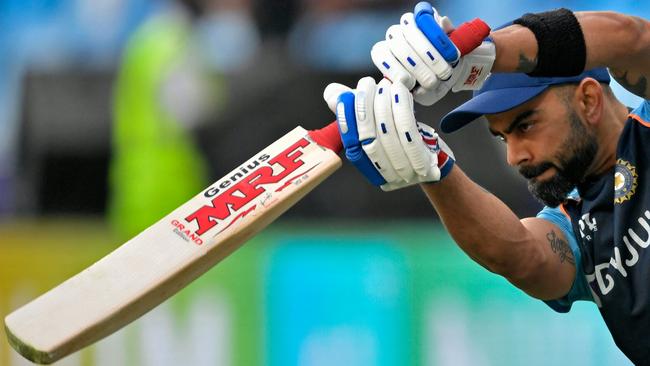
Precisely none of them came out in support of their erstwhile Muslim teammate Wasim Jaffer when he was then infamously sacked as coach by the Cricket Association of Uttakarand on trumped-up charges of ‘communalism’ — that is, discriminating in favour of co-religionists.
So calling out an everyday fact of life in his country as “the most pathetic thing that a human being can do” was, as Monga observed, from Kohli quite a step: “As long as we don’t come face-to-face with the national shame, we can’t hope to eliminate it.
“As long as we don’t share that shame, the only person suffering is the victim. That is why it was important that a captain whose every word the public hangs on to spell it out clearly. No pussyfooting around safe terms.”
Needless to say, the troll armies have been unhappier still since Kohli’s remarks, which he probably anticipated at the time he stood up for Shami at the weekend: “Honestly I don’t even want to waste one minute of my life to give any attention to those people and neither does Shami and neither does anyone else on the team.”
This is the only mistaken aspect of Kohli’s critique: that minute was important; it was no waste.



